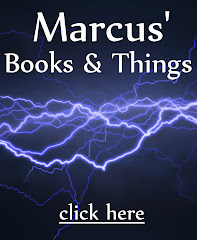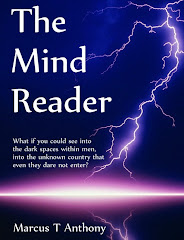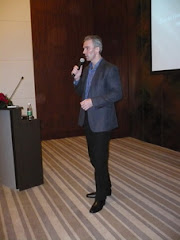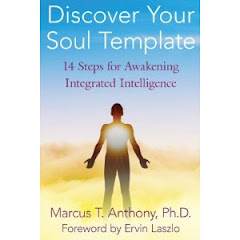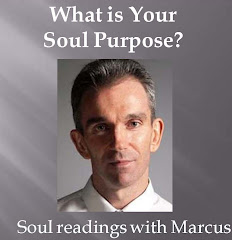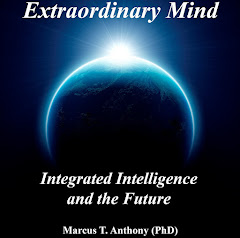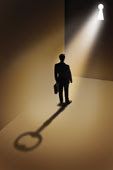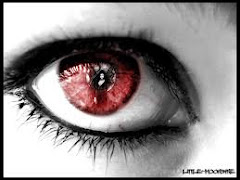Journalists, bloggers and media commentators have been having a field day with the Julian Assange/WikiLeaks case. So much is being written and discussed that it is difficult to keep up with it all. For futurists like me, and those passionate about the development of society and planet, the saga is of enormous importance. In fact there are so many issues, and the information is changing so rapidly, that it is difficult to articulate thoughts on it into any definite narrative. Given, this, I have decided to write shorter posts on the topic, taking one seminal idea at a time.
Julian Assange's OK Cupid photo
Let's begin with another recent development in the case, a somewhat ironic one. Reporters and researchers (and undoubtedly government operatives) have been trawling the net and information systems in a bid to scrape together any information on Julian Assange. Yesterday, a story circulated through the media about Assange’s profile on the OK Cupid, web site where he (presumably) hoped to connect with women. Calling himself Harry Harrison, he wrote:
# I like women from countries that have sustained political turmoil. Western culture seems to forge women that are valueless and inane. OK. Not only women!
# I am DANGER, ACHTUNG, and ??????????????!
# Directing a consuming, dangerous human rights project which is, as you might expect, male dominated
# I have asian teengirl stalkers. Hello.
# Do not write to me if you are timid. I am too busy. Write to me if you are brave.
But wait, there's more!
What I’m doing with my life. Directing a consuming, dangerous human rights project which is, as you might expect, male dominated. Variously professionally involved in international journalism/books, documentaries, cryptography, intelligence agencies, civil rights, political activism, white collar crime and the internet. Formal background in neuroscience, mathematics, physics and philosophy.
Live by the sword, die by the sword, as they say. One can only imagine how many women would have actually believed any of this to be true, given that it sounds like the ravings of a James Bond wannbe!
On a more serious note, this does bring to the fore questions about information that we put on the web, even if it is anonymously posted under a pseudonym. This posting from OK Cupid was last updated 4 years ago. Right now the intrepid WikiLeaks founder is probably ruminating over every internet posting he ever made since the web began.
While today’s net trawling technologies are in their infancy, who is to say what will be available in ten, twenty, 100 years time? Perhaps all an amateur will have to do is know an IP address, type it in, then everything ever entered from that address might appear. And that’s just one top-of-my-head speculation. If such technologies become widely available, any person who assumes a position of power or fame might have their entire web browsing history made available to the general public. And this is not to even consider the possibilities of manufacturing fake web histories and postings.
It’s scary, and no doubt the Assange case will show just what is possible in this domain as of the present day. He has plenty of enemies in high places, and any information which even slightly defames him will almost certainly make the rounds.
The other irony here is that whatever does surface about the private life of Julian Assange, it will further suggest that there are limits of freedom of information. Many in western countries, especially from "freedom-loving" United States, have been deeply conditioned to think of freedom of information as being a given in a developed society. But just where do we draw the line? Perhaps you (like me) felt a little queasy about viewing Harry Harrison's photo here.
Marcus











